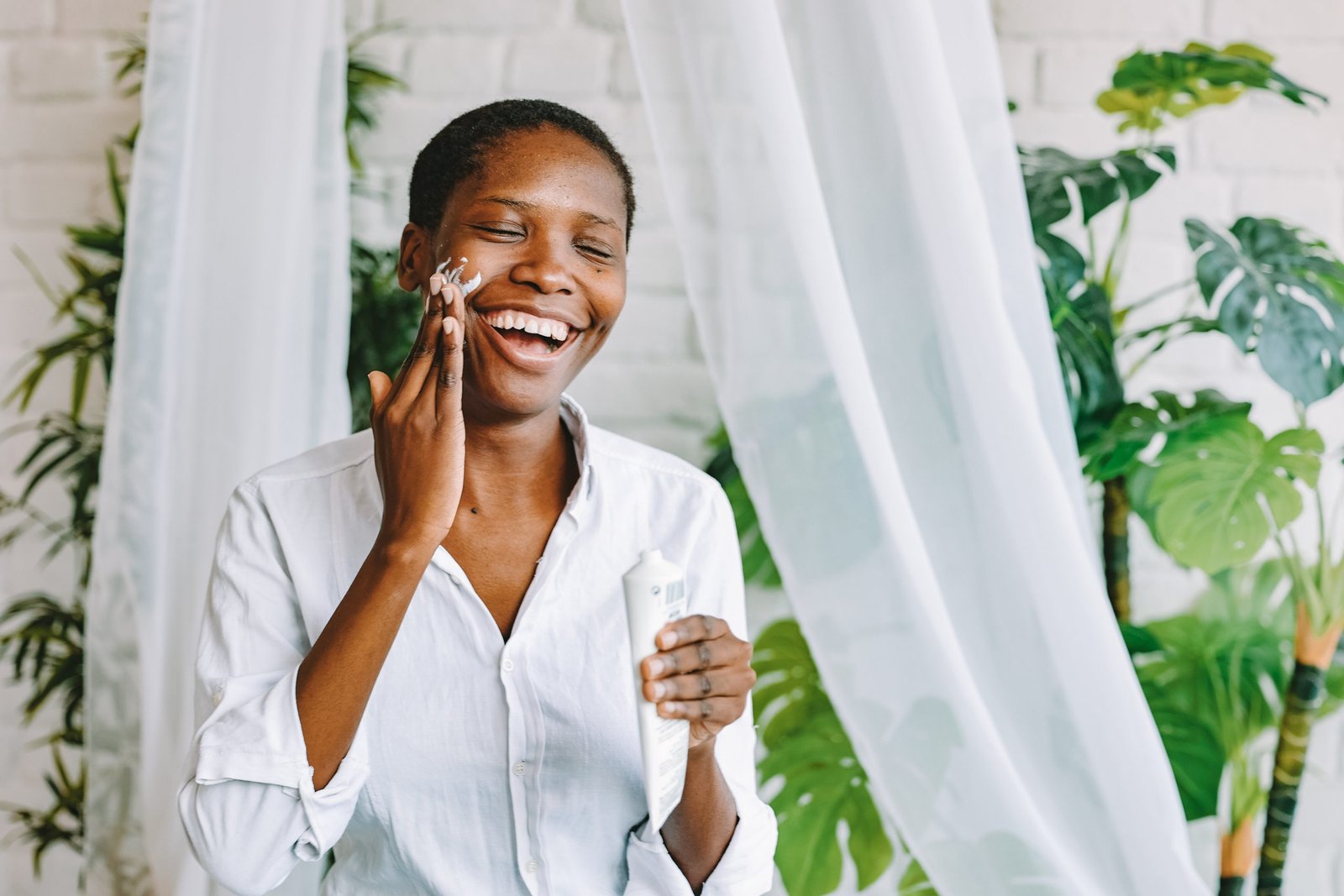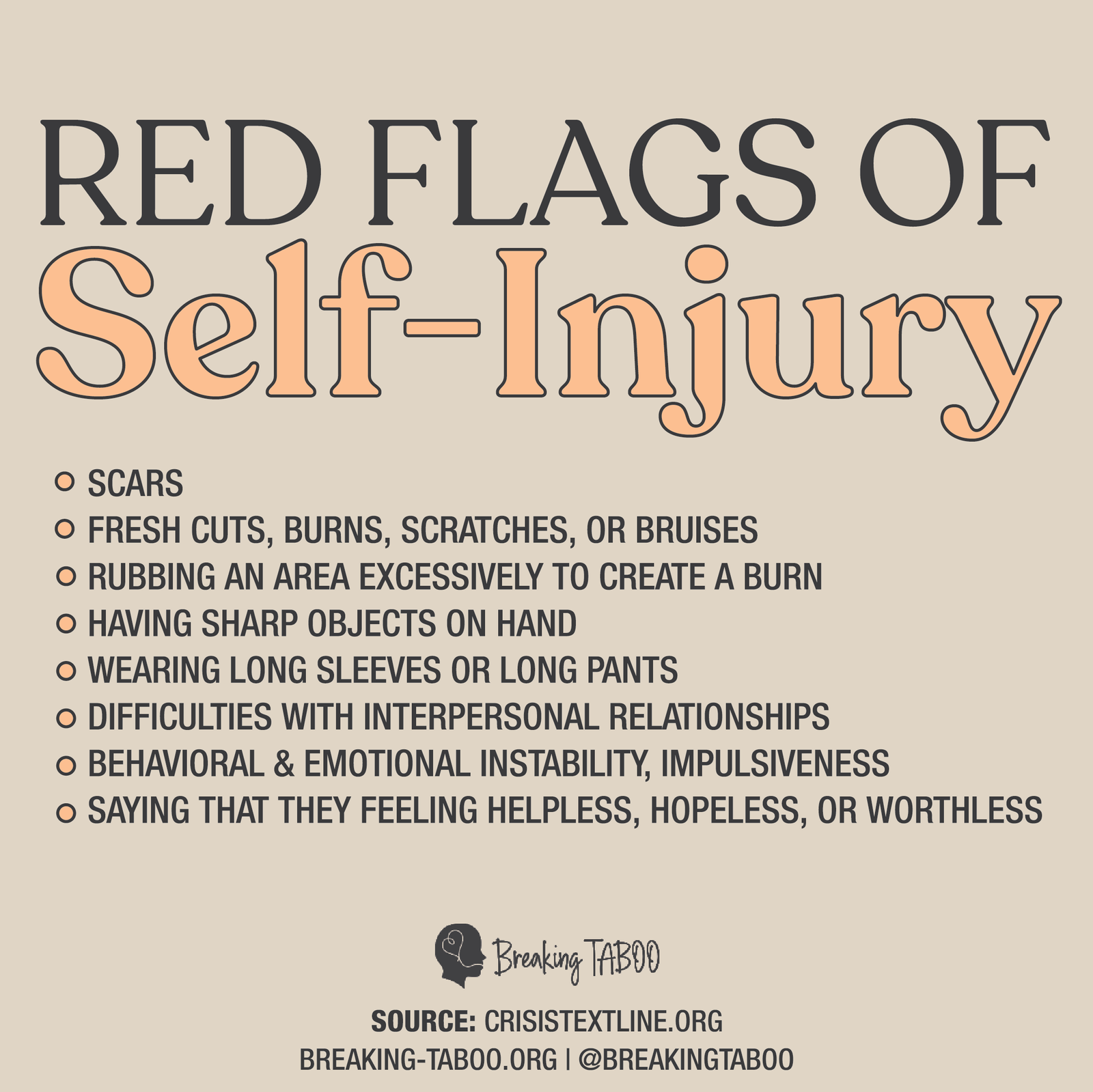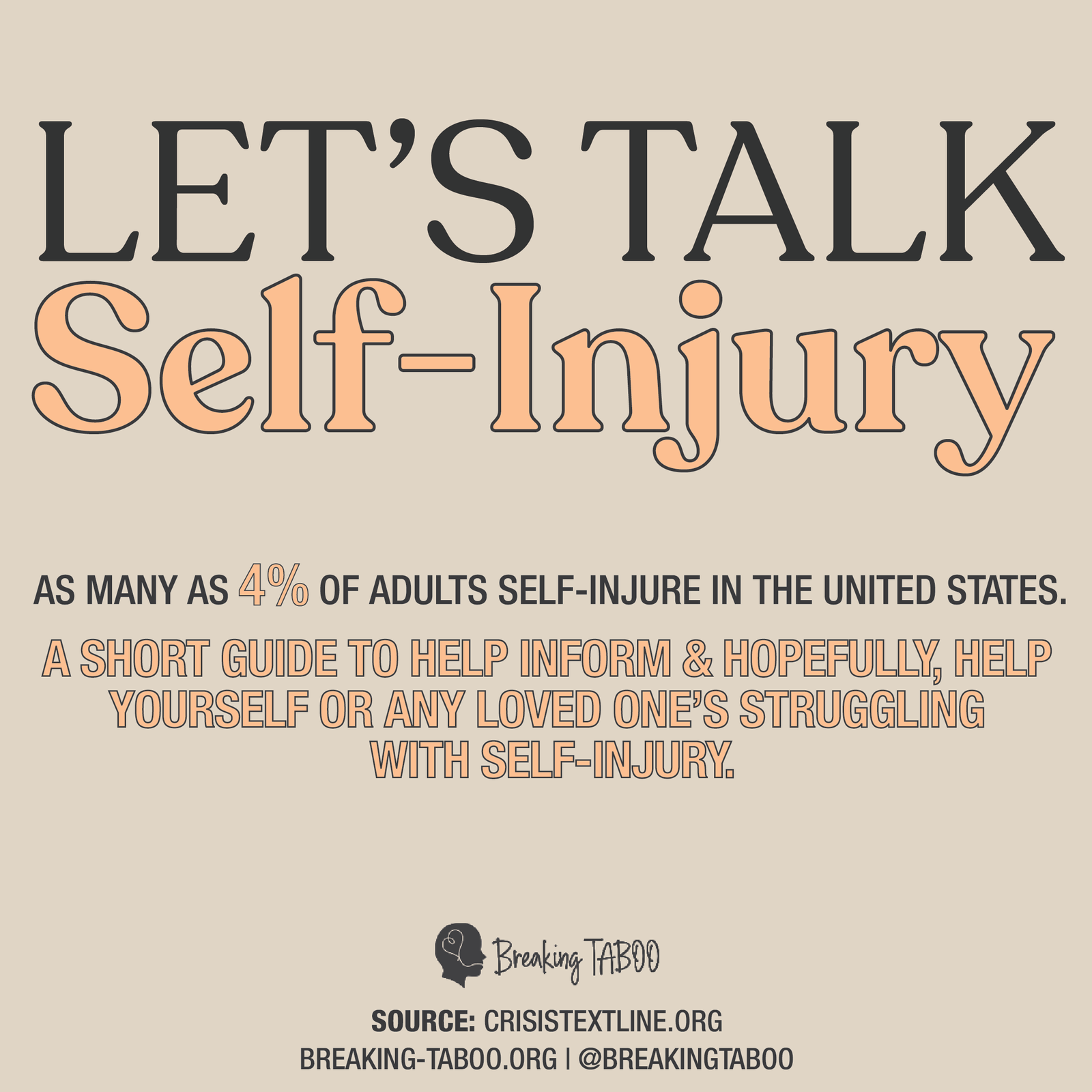It’s all too easy to feel alone and helpless when living with polycystic ovary syndrome (PCOS). This condition, which affects 1 in 10 women of childbearing age, disrupts your hormone and metabolism systems, and the symptoms include increasing your amount of body hair, producing acne, darkening your neck creases, and developing skin tags in your armpits. Its detrimental impact on your biological processes doesn’t end there and can even influence mental and emotional ones. According to research cited by the Endocrine Society, women with PCOS are 77% more likely to have anxiety, 53% more likely to have an eating disorder, and 50% more likely to have depression, as compared to women who don’t have the condition. Still, that doesn’t mean you’re powerless against this PCOS and its physical and mental effects. Right now, there isn’t any cure for PCOS, but there are still small
things you can do for yourself to alleviate the symptoms and help you live a happier and healthier life.
Here’s how to practice self-care if you have PCOS.
Cultivate your nutrition
To avoid this and care for yourself, practice healthy weight management via nutrition. The best PCOS diet for weight loss is a nutrient-rich one that you can follow long-term without feeling deprived. Like regular self-care, you’re not aiming for perfect here—you’re angling for well-balanced meals that taste good and make you feel better. To make your meals even more satisfying and satiating, reduce your intake of high-fat foods and add more complex carbs you love, like snacking on granola with berries. These changes will promote sustained long-term weight loss.
Practice consistent exercise
Physical activity can also help you take back control of your weight. That’s not all, though! Burning calories helps regulate your hormones, lowers cholesterol, and even helps with sleep apnea, snoring, and insomnia. If you have PCOS and want to alleviate its symptoms, exercising regularly is an excellent act of self-care.
The best exercises for people with PCOS are strength training, cardio exercise, and high intensity interval training (HIIT). Strength training will reduce the testosterone that comes with PCOS. Cardio exercise can keep your heart healthy and sidestep PCOS complications with high blood pressure. Finally, HIIT can boost your insulin resistance, lowering many PCOS symptoms. Don’t worry if it’s difficult for you to maintain these intense workouts, though. Low-impact ones like tai chi and yoga can also benefit your PCOS symptoms.
Pamper your skin
PCOS can be harsh on your face. Because of the overproduction of androgens it causes, your face will tend to be oilier and produce more acne and skin hyperpigmentation. One of the best ways to combat that and care for yourself daily is crafting a skin regimen that revolves around daily PCOS acne care. This means washing your face daily with warm water and using the right products, like a cleanser containing salicylic acid to dissolve dead skin cells or an antibiotic dapsone gel. You’ll also want to moisturize regularly and thoroughly remove your makeup each day. Put together, this will grant you glowing skin regardless of your tricky PCOS condition.
Nurture your mental well-being
Living with PCOS can cause a lot of mental anguish. Part of that has its roots in the biological—the condition’s hormonal imbalances can cause mood swings. Another aspect of this difficulty lies in others being ignorant or rude about PCOS and its symptoms. Internally, you might also find it sad and unfair that you happen to have this condition.
There is no getting around the fact that having PCOS can be tricky and challenging. Despite it all, however, you still deserve to experience good mental health. Self-care with this goal, then, looks like eliminating toxicity from your life by establishing healthy boundaries. You might also want to consider journaling to better reflect on and work through your PCOS problems. In doing so, you’ll act as your own friend—which is what self-care is all about.
Living with PCOS is tough, but you can take steps to live a happier and healthier life. Follow the self-care tips above for a great place to start.
~ Eva Hamilton
Eva Hamilton believes everyone should be fully informed when making choices about their health. She’s made it her mission to create in-depth materials and articles that help others change their lives for the better. When she isn’t writing, she enjoys long nature walks with her dogs and extravagant book-shopping sprees with her sisters.



